Ex-soldiers not prosecuted over 1971 deaths
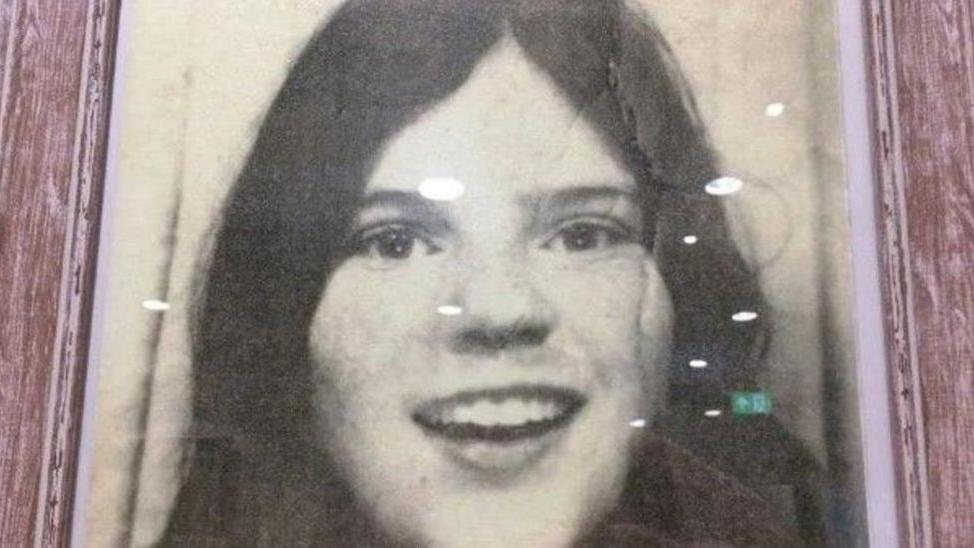
Annette McGavigan, 14, was shot dead during rioting in 1971
- Published
The families of two unarmed civilians shot dead by the Army in Londonderry more than half a century ago say they are devastated two soldiers will not be prosecuted over their killings.
The Public Prosecution Service (PPS) said on Monday there was insufficient evidence to prosecute the soldiers suspected of shooting dead Annette McGavigan, 14, and 41-year-old William McGreanery.
Marjorie Roddy, Mr McGreanery’s niece, said while the family had hoped for a different outcome, the PPS decision was “not unexpected”.
Martin McGavigan, Annette’s brother, said his family had been “living in hope” but are now “broken hearted”.
Annette McGavigan was shot dead during rioting in the Bogside on 6 September 1971.
Mr McGreanery, a shop assistant, died just over a week later on 15 September after a soldier opened fire from an Army sanger overlooking the junctions of Eastway, Lonemoor Road and Westland Street.
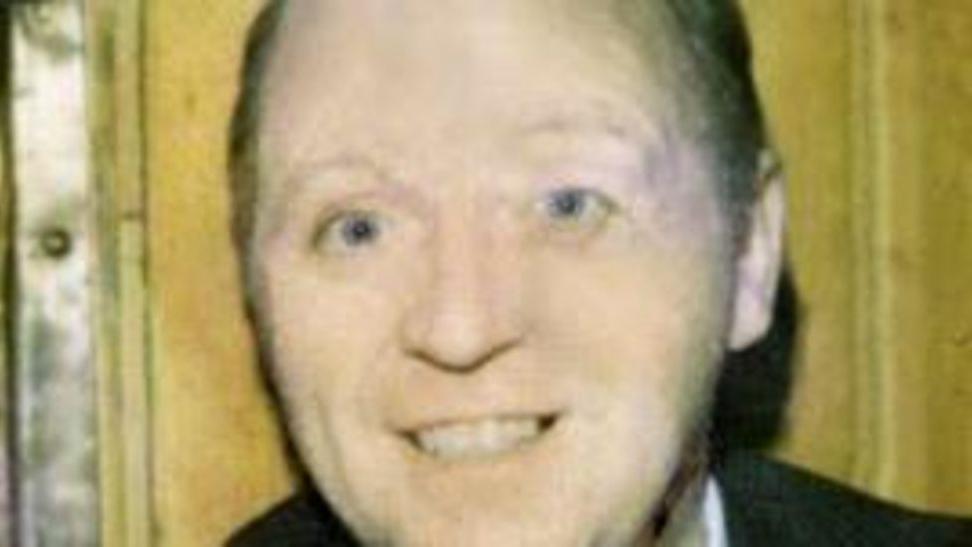
William McGreanery was 41 when he was shot
PPS assistant director Martin Hardy said the evidence had been “carefully considered”.
“It has been determined that the available evidence in both cases is insufficient to provide a reasonable prospect of conviction,” he said.
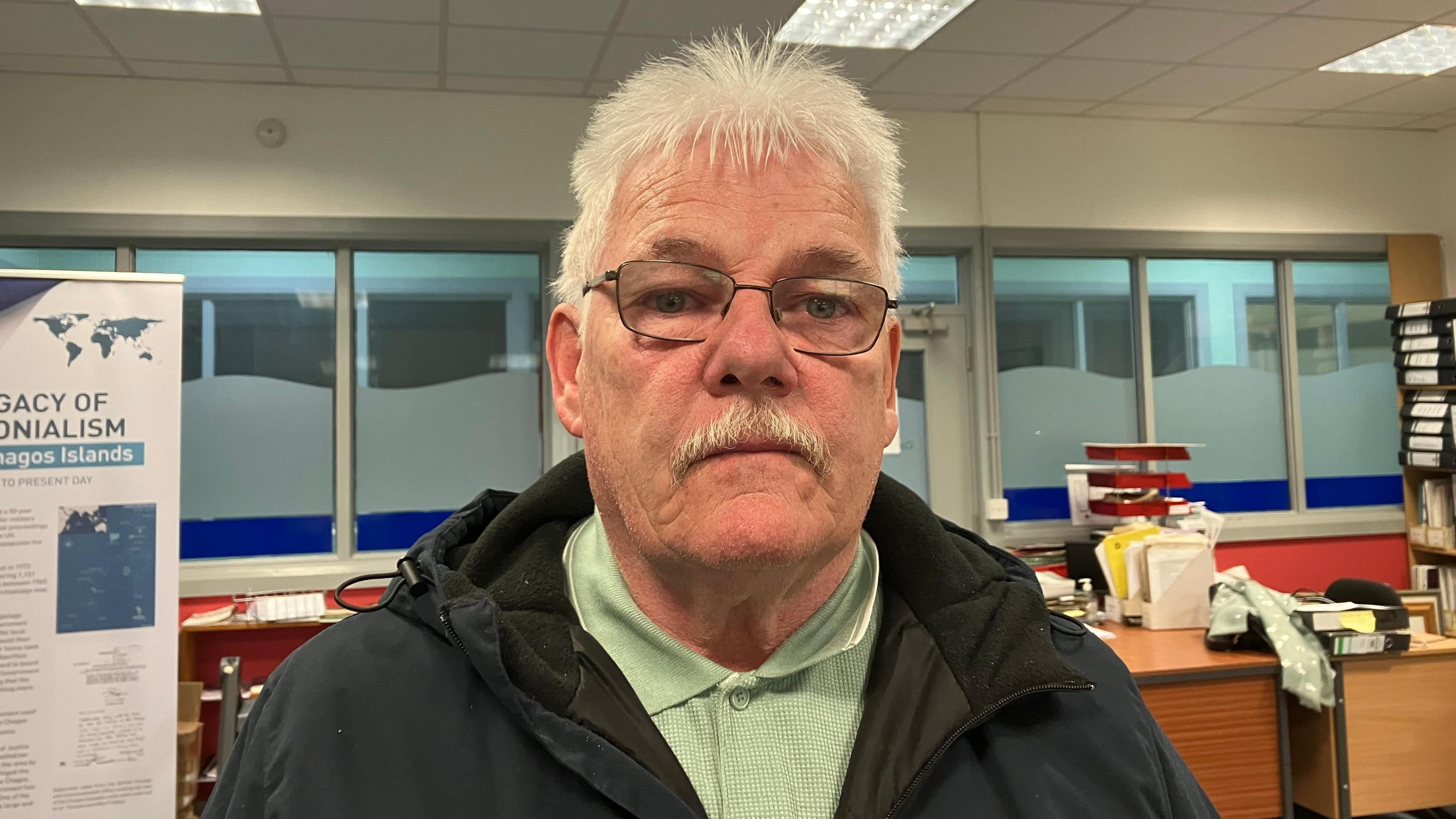
Annette McGavigan's brother Martin said the family will 'keep fighting'
Mr McGavigan said his family are devastated by that decision.
"Today we have got really shocking news. We thought we would have got some truth and justice. We will keep fighting for Annette and other families," he said.
In a statement issued later on Monday, the McGavigan family’s solicitors said the Attorney General for Northern Ireland has ordered a new inquest into the teenager’s death.
Solicitor Patricia Coyle said the family welcomes a new inquest.
“They have campaigned relentlessly for over 20 years to achieve some independent judicial court based scrutiny of the circumstances of their sister’s killing,” she said.
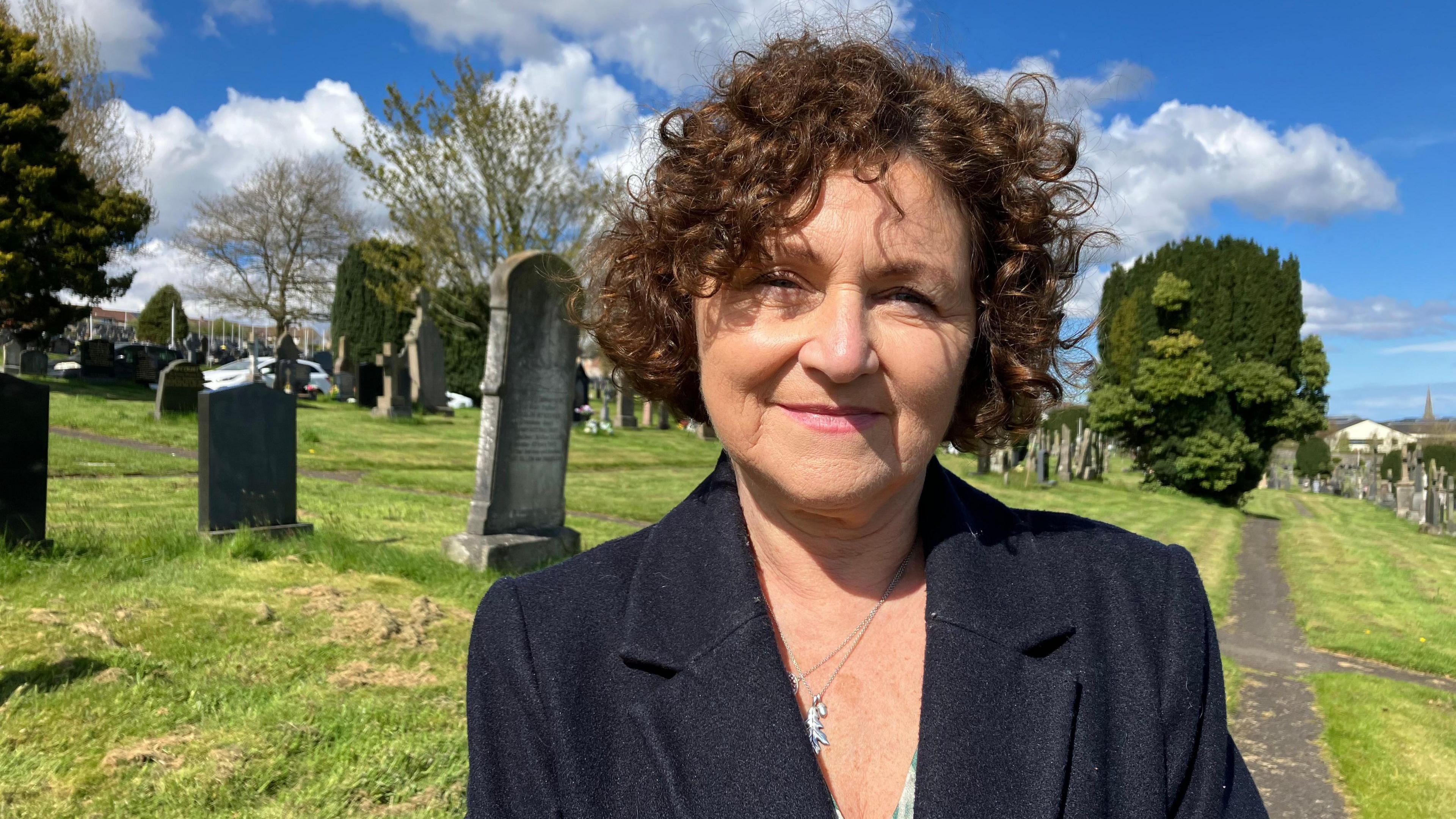
Majorie Roddy, Mr McGreanery’s niece, said the PPS decision was 'not unexpected'
Mrs Roddy said her family had “fought as hard as we can and every obstacle put in our way we have tried to overcome”.
“We hoped today would have been a good outcome,” she added.
Her brother Billy said previous apologies, from the Ministry of Defence and Army, had given the family hope there could be a prosecution in his uncle’s case.
“I don’t understand and can’t comprehend how they can make a decision like this with all the processes have been through,” he said.
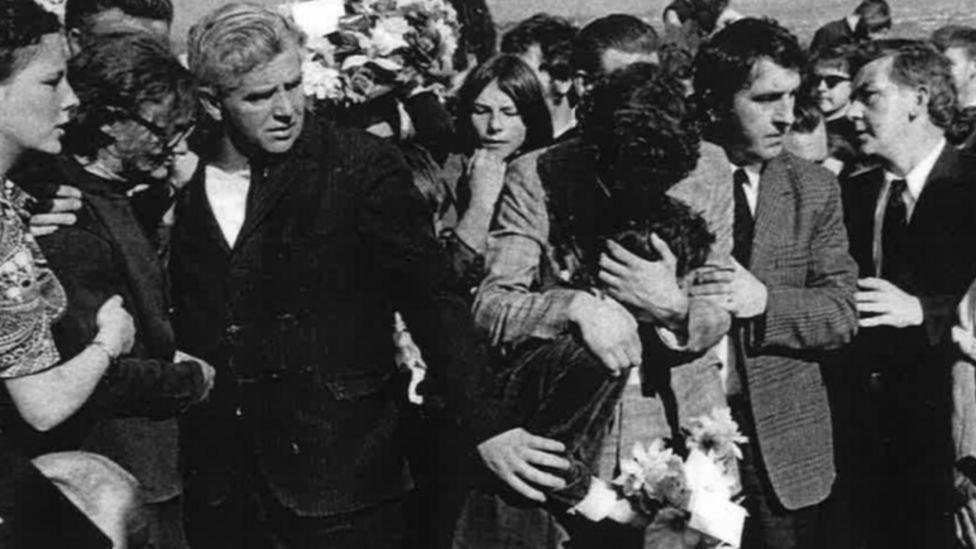
The funeral of Annette McGavigan in 1971
In 2021, a soldier was interviewed under caution about Mr McGreanery's killing by the PSNI's legacy investigation branch.
A file was submitted to the PPS in June 2022.
Annette McGavigan was the 100th civilian killed in the Troubles.
Last September, a former British soldier was questioned under caution as part of the police investigation.
A file was submitted to the PPS on 6 February.
Mr Hardy said both cases “featured significant evidential difficulties” due to the circumstances in which accounts were taken by the Royal Military Police in 1971 and later by the PSNI’s Historical Enquiries Team.
Additionally, he said, the death of significant witnesses and a failure to conduct effective investigations in 1971, had further “ hampered investigative efforts and the prosecutorial prospects”.
'Deeply disappointing for families'
The PPS said in the case of Annette McGavigan, prosecutors could not prove that the reported suspect fired the shots that killed the teenager.
It could also not be proved that shots may have been aimed at a gunman that some witnesses had reported seeing.
Mr McGreanery was unarmed and presented no threat to any soldier, the PPS said.
However, the evidence was insufficient to proceed with a prosecution.
Mr Hardy added: “We recognise that these decisions not to prosecute will be deeply disappointing to the victims’ families who lost their loved one in very painful circumstances and are understandably still seeking clarity on what happened.”
The PPS decision comes just two days ahead of the 1 May deadline from when prosecutions under the UK's controversial Troubles Legacy Act will be limited.
Under the act, prosecutions that are currently ongoing will continue to conclusion.
Any case after 1 May would become the responsibility of a new body set up to investigate Troubles-related killings - the Independent Commission for Reconciliation and Information Recovery (ICRIR).
The Irish government has mounted a legal challenge to the act in the European Court of Human Rights.
Related topics
- Published21 March 2024
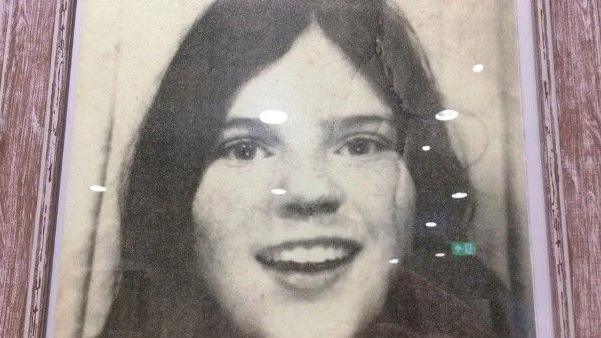
- Published8 December 2015
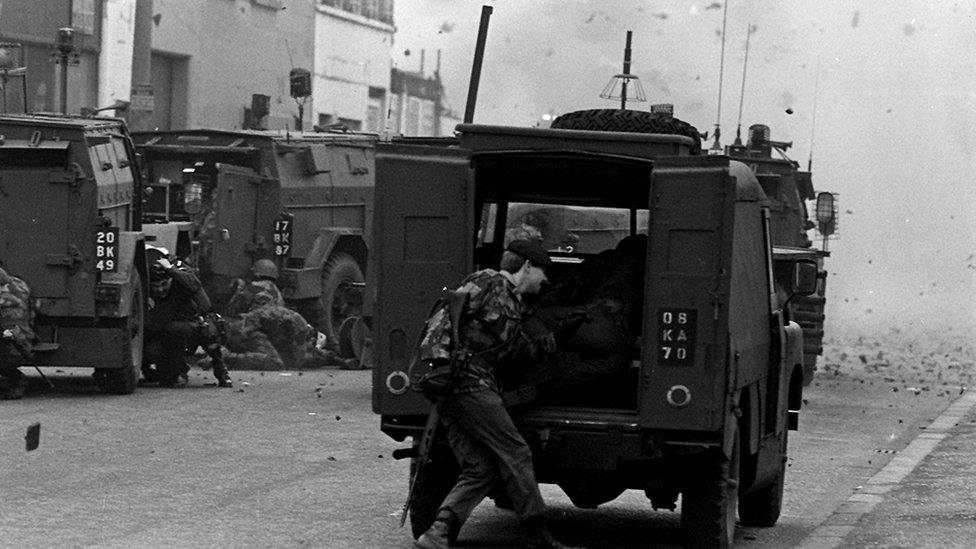
- Published25 April 2013